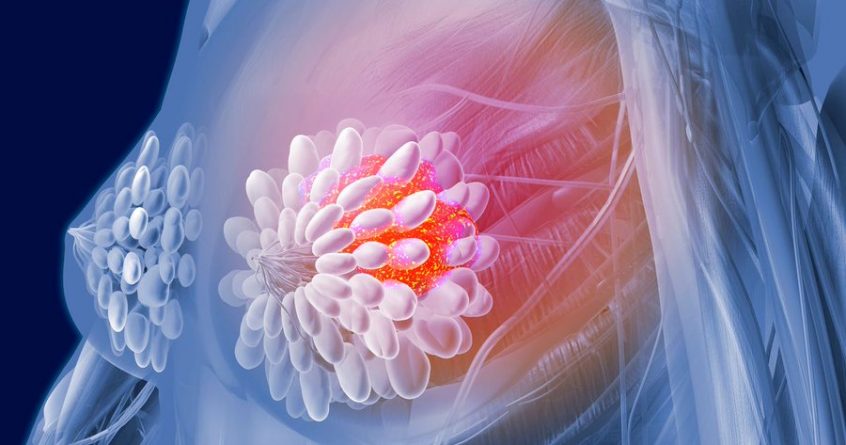A particularly aggressive form of breast cancer, known as HER2-low, is thought to be present in about half the 55,000 new cases of the disease that emerge in the UK each year.
This is a sub-category of breast cancer that isn’t picked up with conventional tests.
But researchers at King’s College London are working with Guy’s and St Thomas’ hospitals and Google-backed start up Owkin on a new artificial intelligence breast cancer diagnosis tool that could be available on the NHS within three years.
The tool would enable HER2-low sufferers to be found so they could then be given “targeted” treatment breast cancer drugs.
The group says: “Research suggests many more women could benefit from targeted breast cancer treatments – we just need to find them.
“We hope to help thousands more women to benefit from targeted anti-HER2 treatments in the UK every year, with the transformative drugs able to extend and save patients’ lives.”
The HER2 proteins behind this form of aggressive cancer are overproduced by faulty genes. The new AI models can analyse the amount of HER2 proteins in a cancer quickly.
Dr Jakob Nikolas Kather, assistant professor at the University of Aachen and visiting professor at Leeds University, said: “This could speed up the detection of aggressive subtypes of cancer and help more women to receive optimal treatment.”
Apart from spotting these HER2-low cases for the first time, the researchers are confident their device will be quicker and more accurate at diagnosing standard cases of HER2.
Once identified, the patients can be given a number of drugs used to treat HER2-positive cancer that potentially work well against this HER2-low subtype. AstraZeneca’s new drug Enhertu (trastuzumab deruxtecan), looks particularly promising.
Recently it was approved for use in Scotland, following approval in England, Wales and Northern Ireland.
Enhertu combines two drugs and attaches itself to the HER2 proteins, which can stop cancer cells growing. When the trastuzumab attaches itself to the proteins, it delivers antibody drug deruxtecan into breast cancer cells to kill them.
An AstraZeneca study published in September found the drug reduced the risk of death or progressive disease by 72% compared to an existing drug.
Meanwhile, the breast cancer diagnostic device is part of a new generation of AI with the power to transform cancer treatment and other aspects of healthcare.
The developers of the HER2 tool are planning to use it to better diagnose gastric cancer further down the line.

